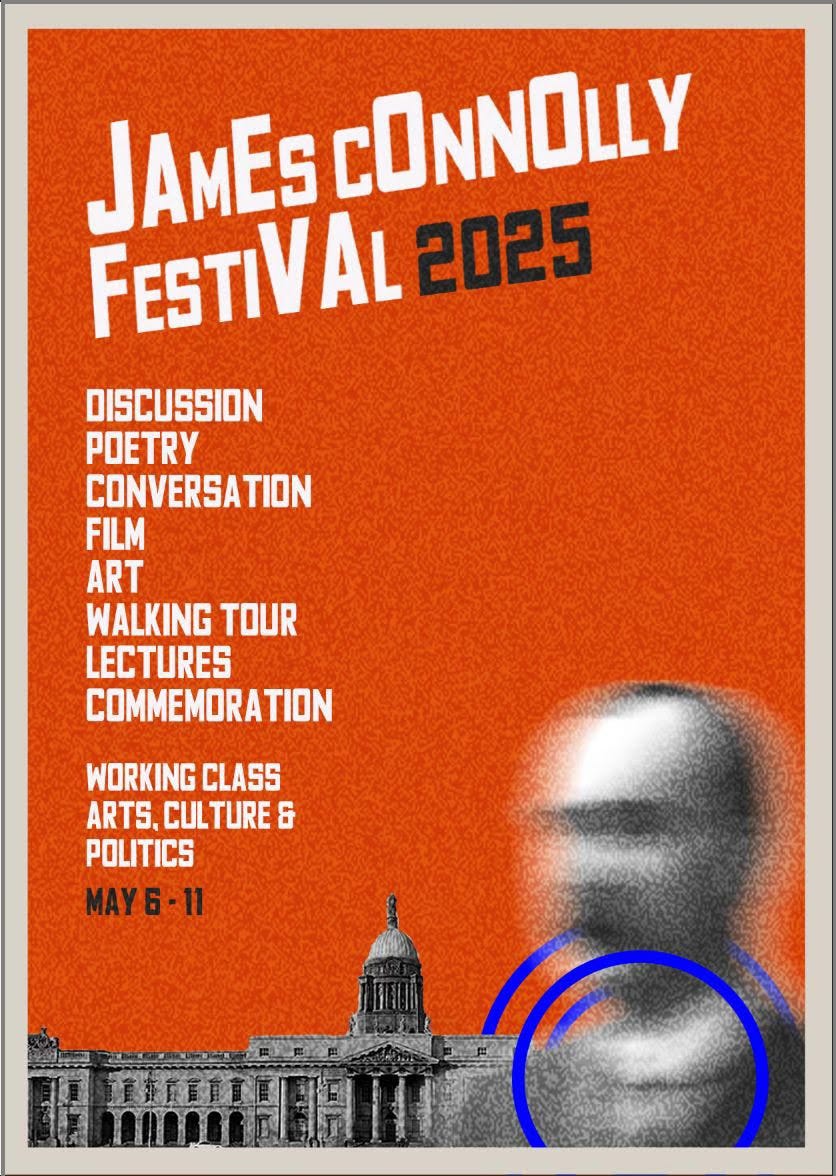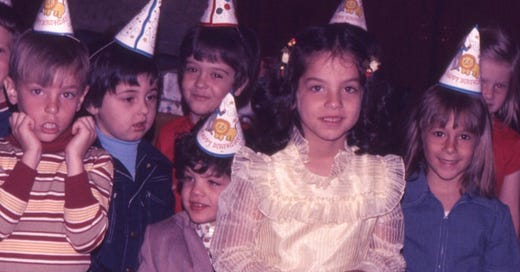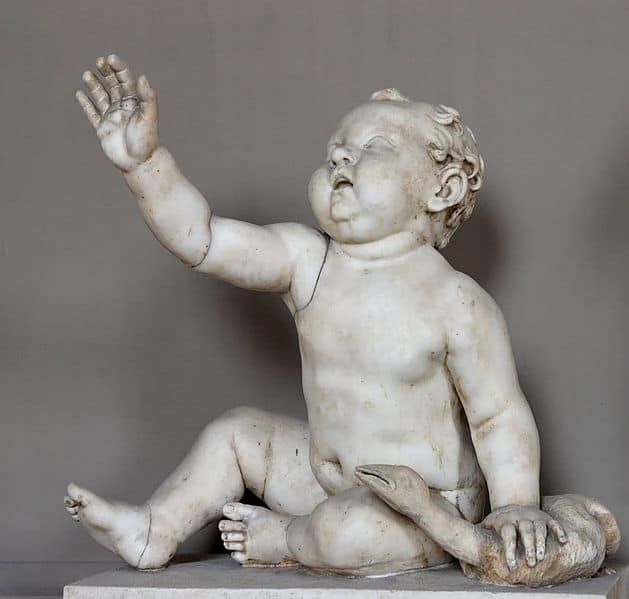Today I am divisible by 11 for only the fifth time in my life. Thoughts ricochet as I ponder five and a half decades of being animate, wondering about the future and what mark I’ve made on this spinning rock around a rather unremarkable sun in an ordinary galaxy embedded within a mysterious universe that might be expanding or contracting or one of many parallel realities that exist simultaneously with an infinite number of alternate versions of me who are also about to be divisible by 11 for the fifth time in their lives. It's a lot to contemplate.
Who are these other versions of me that I did not become? What are the odds that I would make the exact set of choices I made? How do I measure the relative success of me living up to my own “potential” when I have no way of knowing who those other versions of me might be?
Fifty-five is a big number. I feel like a success. I feel like a failure. There are so many things I’ve done, and so many things I wanted to do, but didn’t. I’ve made good decisions. I’ve made some catastrophically bad ones. I can’t help but think that my life could have been totally different if I’d chosen one lover over another or a different career instead of the one that I have. What about my beliefs? Did I acquire those freely or simply slip into the beliefs that others expected me to hold?
Middle age birthdays are those moments when you ask yourself: what made me this particular me? Was there another me that should have been? Is there a different me that I still might become? In a deep Deleuzian sense, can I still embrace a radical politics of becoming when so much of me is what I already am?
But I suppose it’s not just middle age. I had a student turning 23 in my office hours on Wednesday and she was having a full-blown existential crisis about being “old.” Someone dear to me is 29-about-to-turn-30, and is also freaking out. In the West, at least, the anniversaries of our births often occasion such deep introspection. Are we living up to the expectations others have of us? Are we living up to the expectations we have of ourselves?
The world is heating, the United States is sliding into authoritarianism, and here I am obsessing about myself. It’s embarrassing. But lately, I’m thinking a lot about what the Scottish anarchist philosopher William Godwin called “esteem.” Like air, food, water, and shelter, the desire to be esteemed by those around us is almost a fundamental human need (no matter what those selfless Buddhists preach). We each want to be seen, to be validated, to be told that we matter, that our existence makes a difference. We want to know that the world is not indifferent to our survival.
From an evolutionary anthropological perspective, we are born prematurely and need the adults in our community (usually our mothers) to notice us lest we starve to death. We’re hard-wired to covet the undivided attention of others. It makes us greedy for esteem. Main character syndrome is in our genetic code.
Although perhaps a natural instinct, this chasing of esteem in a capitalist society can make us sick. Like food and shelter, esteem is increasingly traded on a market where its price is determined by the whims of supply and demand. And because demand is both voracious and inelastic, we learn to withhold our naturally flowing esteem for others unless society deems them somehow worthy of it, usually meaning they have achieved some quantifiable level of success like dollars in a bank account. When esteem is linked to wealth accumulation (or perhaps physical and athletic prowess), other avenues for earning the esteem of others are devalued.
Godwin understood that our societies could be built on alternative ways of apportioning esteem: virtue, kindness, generosity, piety, intelligence, or creativity. We could choose to esteem those who truly inspire or entertain us rather than those who earn the healthiest profits through their cultivation of popular, commercial appeal. Instead of being free to discover our own tastes, corporate algorithms and the “Matthew Effect” direct us toward content that may be unsuited to our actual preferences. It’s bandwagoning for life.
So, for this birthday I’m giving myself the gift of enjoying the things that I deeply adore whether those passions earn me the esteem of others or not. I’m playing Johnny Cash on auto-repeat and practicing obscure yoga poses. I’m rewatching Lower Decks. I’m day drinking and day dreaming; staying up late and sleeping in. I’m sharing my time and attention with the folks in my life who make it worthwhile, not because they have a lot of followers or a fancy credit card, but because they are good, decent people who tolerate my quirks, forgive me my faults, and love me anyway.
It's the best birthday present ever.
In solidarity,
Kristen R. Ghodsee
26 April 2025
Brunswick, Maine






